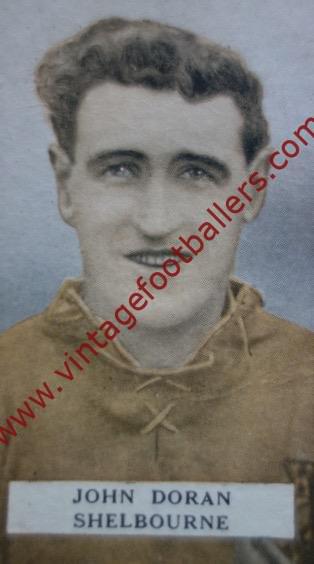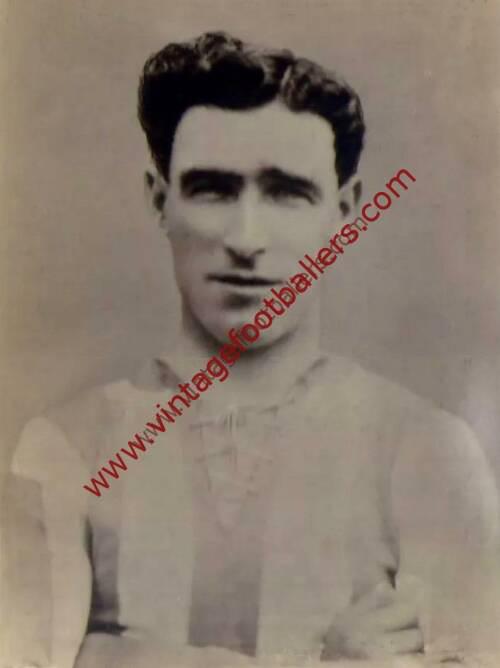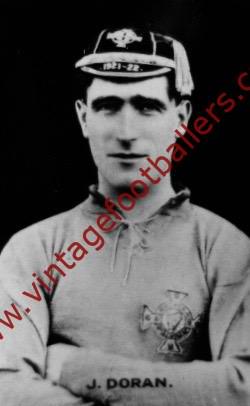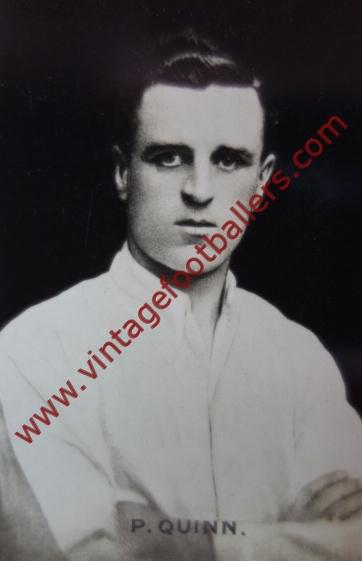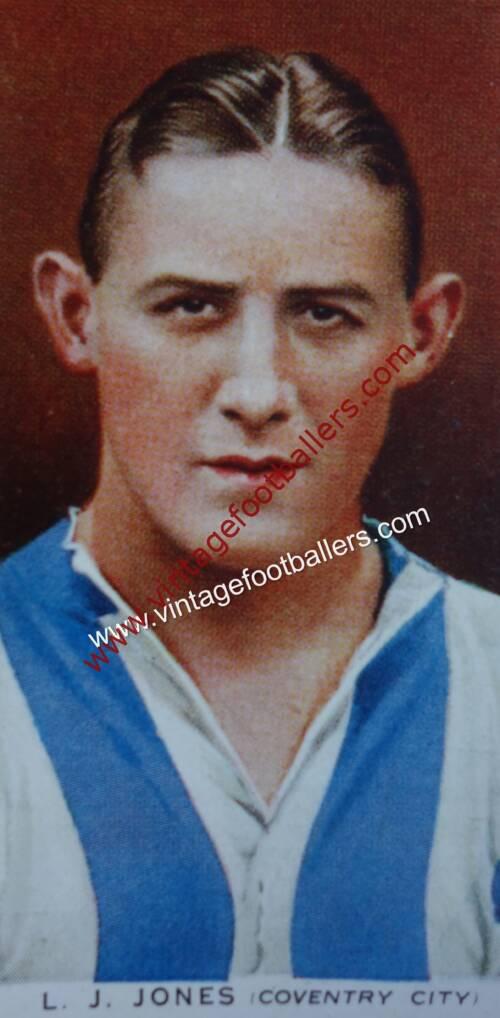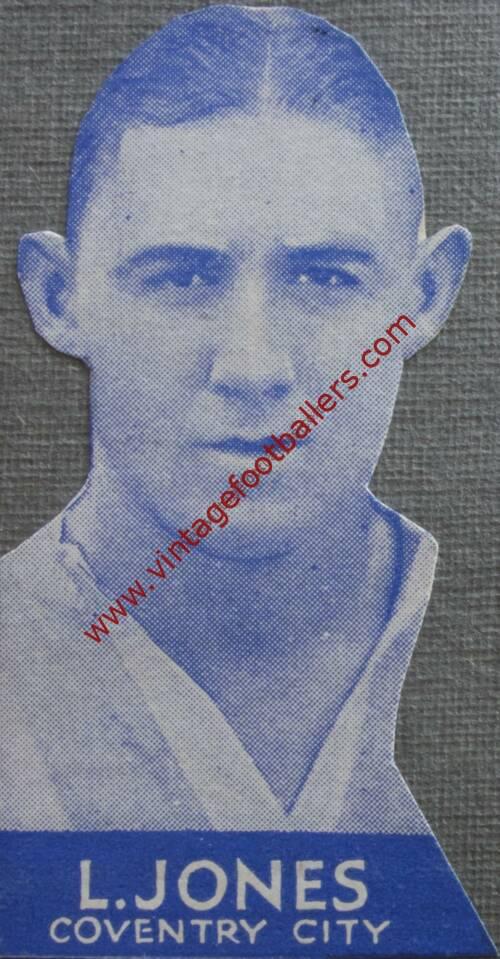Please choose your photo size from the drop down menu below.
If you wish your photo to be framed please select Yes.
Note: 16″x 20″not available in a frame.
Images can also be added to accessories. To order please follow these links
£8.95 – £49.95Price range: £8.95 through £49.95
Please choose your photo size from the drop down menu below.
If you wish your photo to be framed please select Yes.
Note: 16″x 20″not available in a frame.
Images can also be added to accessories. To order please follow these links
Born in Belfast, but brought up in the north east of England, centre forward Jack Doran was discovered playing junior football in Newcastle and played for Northumberland against Durham in 1910-11, but he started his professional career at Southern League New Brompton (now Gillingham) in 1912 where his stay was brief, joining Gravesend United in December the same year. He then returned to the north east with North Shields Athletic, and having joined them in May 1914 he made a single Southern League appearance for Coventry City scoring twice in a 3-1 away Southern League Division Two victory at Ebbw Vale in March 1915 while on leave, having enlisted in the Army in September 1914 and with the 17th Middlesex Regiment (1st Football Battalion) in February 1915. He was gassed at the Battle of the Somme & again at the Battle of Cambrai, being awarded the Military Medal while in France in October 1916. Doran had brief spells as a guest with Brentford and Newcastle United towards the end of the conflict in 1918-19.
Immediately after the First World War he played for Southern League Norwich City under his ex Commanding Officer, Major Frank Buckley, scoring 18 goals in 25 appearances in 1919-20 before signing for Brighton & Hove Albion in February 1920. He still managed to finish as Brighton’s top scorer with 10 goals in 10 games (his 18 goals at Norwich meaning he topped the goalscoring charts for both clubs), as he would for the next two seasons, netting 54 times in 81 games. At the start of the 1921-22 season he scored hat-tricks in home and away victories over Exeter City, scoring all six of Brighton’s goals in the two matches, and then scored five times in a 7-0 win over Northampton Town in November, before signing for Manchester City in August 1922.
It was feats such as his five goal haul that convinced the Irish selectors of Doran’s potential international pedigree, he made his Ireland debut against England at Roker Park in October 1920 and won further caps a year later again against England at Windsor Park, Belfast and against Wales at the same venue in April 1922. His form did not transfer to the international scene however, as he failed to score in any of his three international appearances. At City he couldn’t break into the (very strong) team at Maine Road playing only 3 games in the next two years, scoring once, and having moved to centre half while with City he eventually left for Crewe Alexandra in January 1924. Although he also featured at centre half for Crewe, a return of one goal in 16 games was all he mustered, and that goal was something of an oddity:
On 3rd March 1924, in a match against Bradford Park Avenue, Crewe were awarded a penalty for handball – Doran’s effort was saved by ‘keeper Alf Laycock. A few minutes later another handball offence was committed, and another penalty awarded. This time Doran shot wide, but a retake was awarded. Now Doran’s team mate, William Goodwin stepped up, only to hit the crossbar. Once again the referee spotted an infringement and it was Doran who stepped up again to score (at last). Laycock had faced four penalties in the space of five minutes; Doran had taken three of them and finally found the net. The match finished 1-1.
He had a spell at Southern League Mid-Rhondda United from July to December 1924 when he returned to Ireland to join Shelbourne, where he scored 7 goals during the rest of the season. He scored the third goal as Shelbourne defeated Athlone Town 4-0 in the semi final of the 1925 Free State Cup, and appeared on the losing side in the Final. He then had a brief spell with Irish League Fordsons before returning to England with Midland League Boston Town in August 1925, finishing his career back in Ireland with Waterford Celtic, where he was also appointed coach, going on to be their manager in 1930.
| Weight | N/A |
|---|
